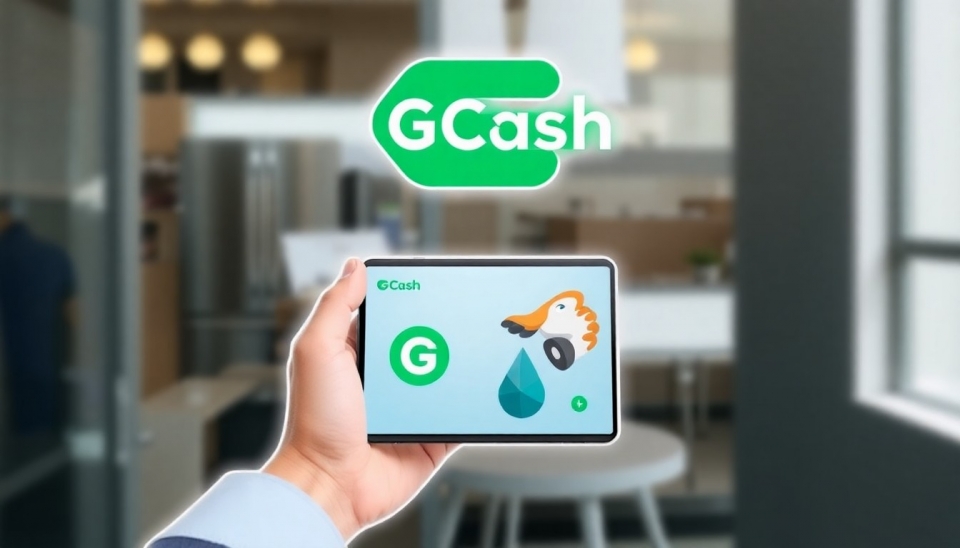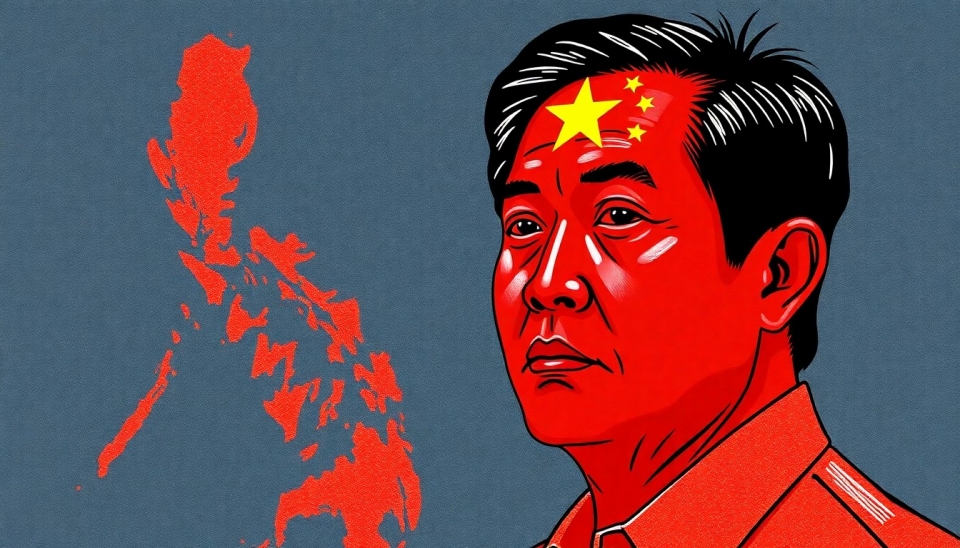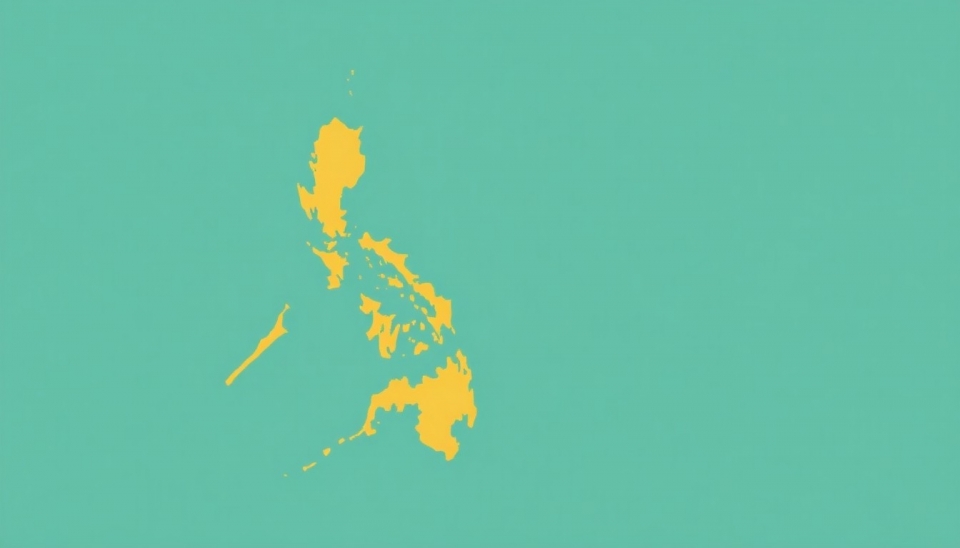
The Philippines is going to impose a 12% Value-Added Tax on streaming services, such as Netflix and HBO. This is part of the broader move by the government in capturing taxes from such digital services that have seen a rise in their consumption throughout the COVID-19 pandemic.
Starting next year, in January 2024, global streaming giants like Netflix and HBO will now be compelled, along with other digital service providers, to register with the Bureau of Internal Revenue. This shall be in accordance with the new tax mandate that will equalize the playing field between traditional and digital entertainment providers.
According to Finance Secretary Carlos Dominguez III, imposing value-added tax on electronic services is one step toward modernizing the tax system of the country. He reiterated that with the sudden surge in electronic digital transactions, the tax net has been forced to create a huge hole looking to be patched up by this move.
Local legislators praised the tax reform, which they claimed could add billions of pesos to the government's revenues every year. Senator Pia Cayetano said the new tax measure would bring equity and fairness in the taxation system. "Digital services have become an integral part of our daily lives, and it is only fair that they are subjected to the same tax policies as other businesses in the country," she added.
This move puts the Philippines in step with other countries that have levied tax on such digital services. In the ASEAN region, Indonesia and Thailand have already passed similar VAT regulations on digital platforms, which positions the case of the Philippines in a growing trend.
However, it has resulted in debate amongst consumers and other industry stakeholders due to the fact that such a development may mean an increase in subscription rates as the additional burden is passed on to subscribers. Proponents, however, argue that this will ensure economic stability and raise extra money for essential public services.
In the Philippines, streaming services have constantly gained popularity, with one-fifth of its population subscribing to Netflix and HBO. Thus, the new VAT regulation will extensively affect Filipino consumers and the digital economy.
With this current government tax measure at hand, it is believed that organizations providing value-added services through digital means in Nigeria will revisit their strategies on compliance matters and develop their accounting systems to capture these new tax requirements.
This is a drastic turn for the Philippines in terms of tax policy, with a 12% VAT charge on digital streaming services. While there may be an intent to level the playing field and increase revenue, the resulting challenges and implications are multifaceted for both consumers and service providers.
Further updates will show the actual impact of this new tax measure and how it will be received.
#Philippines #VAT #DigitalServices #Netflix #HBO #StreamingTax #TaxPolicy #ASEAN #DigitalEconomy
Author: Liam Carter




